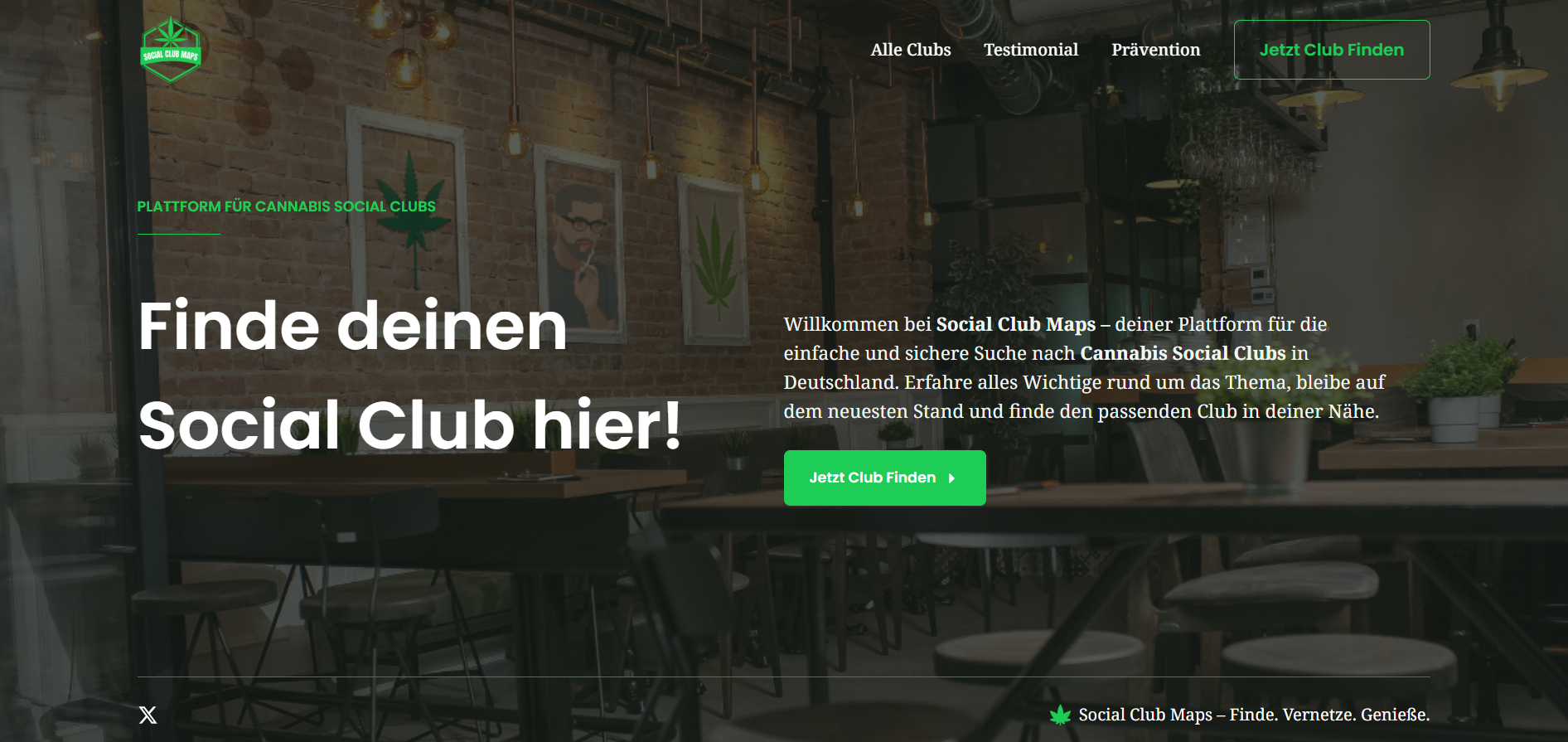Nürnberg, also known as Nuremberg in English, is a historic city located in the German state of Bavaria. It sits on the Pegnitz River and along the Rhine–Main–Danube Canal, making it an important hub for both trade and travel throughout history. With a population of over half a million, it is the second-largest city in Bavaria, after Munich, and serves as a cultural and economic center for the region. Its location, roughly 170 kilometers north of Munich and 220 kilometers south of Frankfurt, makes it well connected to other major German cities.
The city is world-renowned for its medieval architecture, including the Imperial Castle and well-preserved old town walls, which reflect its rich heritage. Nürnberg is also famous for its role in history as the site of the Nuremberg Trials after World War II, as well as for its annual Christmas Market, one of the most celebrated in Europe. Today, it blends tradition with modern life, offering visitors and residents a mix of historic charm, vibrant cultural events, and a strong economy driven by industries such as technology, manufacturing, and tourism.
Implications & Influence of Cannabis in Nürnberg
While Nürnberg (as a major city in Bavaria) shares in the legal framework, the city and the state government’s local culture, enforcement, and social attitudes can shape how cannabis influences social life, public health, and local policy.
With cannabis partially legalised, the stigma around use may reduce. People who previously avoided it for fear of legal consequences might now feel safer experimenting or being open about use. This could lead to more visible consumption in private settings or among social groups.
Cannabis social clubs might emerge (if they are permitted under Bavarian implementation), offering a more controlled way for consumers to access cannabis. However, note that Bavaria has historically tended toward stricter regulation of recreational substances, which might mean more restrictive enforcement or fewer clubs.
Educational campaigns and public health messaging become important. Cities like Nürnberg may invest in prevention, awareness of risks (especially for young people), and ensuring people who choose to use do so safely (e.g. awareness of potency, avoiding driving under influence).
Legal & Regulatory Background in Nürnberg, Germany
As of 1 April 2024, Germany passed the Cannabis Act (Cannabisgesetz), which partially legalised cannabis for recreational use under certain conditions.
- Adults (18+) are allowed to possess up to 25 grams of dried cannabis in public, and up to 50 grams at home.
- Private cultivation of up to three plants per person for personal use is permitted, provided they are sufficiently secured from minors and the public.
- Non‐profit cannabis social clubs in Nürnberg (up to 500 members) are legal from 1 July 2024. These clubs can grow and distribute cannabis among members (within prescribed limits), but they may not operate like commercial retail stores.
- Use is prohibited in certain public areas (e.g. near schools, playgrounds, public sports facilities, and in pedestrian zones during specific times) to protect minors and public order.
These changes represent a shift in German drug policy from strict prohibition or penalisation of personal use, toward a more regulated, harm-reduction oriented approach.
Discover Cannabis Social Clubs in Nürnberg with Social-Club-Maps
Social-Club-Maps.de is a German platform designed to help adults locate legal cannabis social clubs in their vicinity. It lists information about each club such as their status (open for membership or in preparation), location, and whether they meet important criteria like legality, quality control, safety, and transparency. By using it, someone in Nürnberg (or elsewhere in Germany) can search for clubs that are close to them, compare options, check whether those clubs operate within the legal framework, and choose one that aligns with their preferences and values. This tool promotes responsible and informed access by showing only those clubs that claim to adhere to legal rules and by offering details to help users decide.

